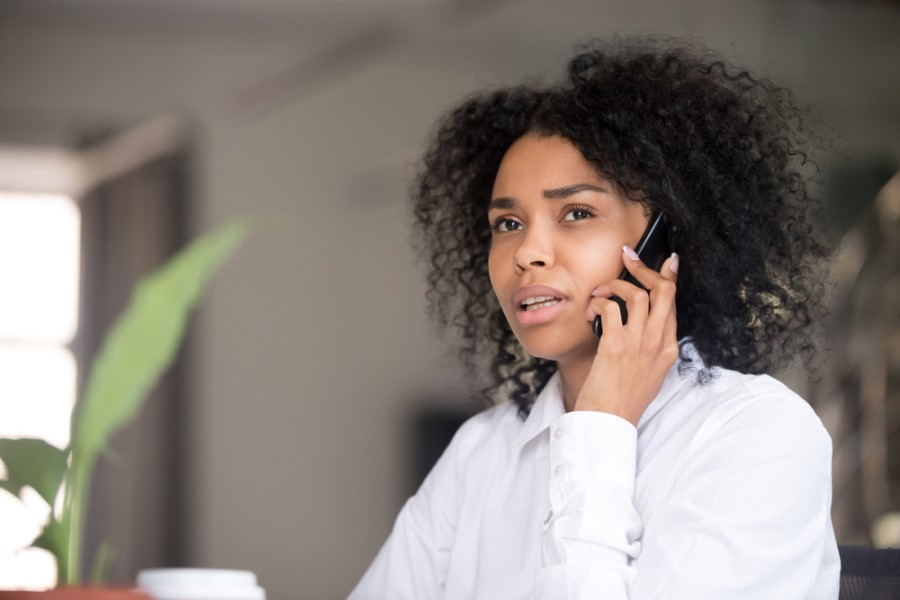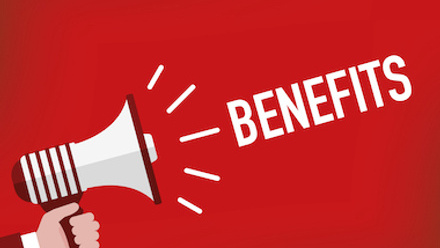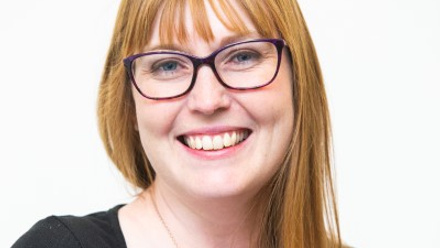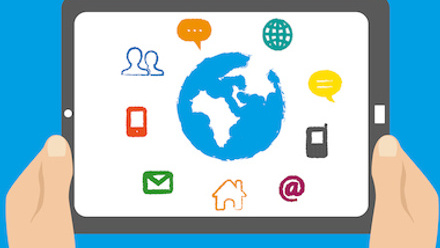Is it the end of face-to-face EAP counselling?

The experience of EAP counsellors
EAPA UK surveyed more than 200 EAP counsellors about their experiences during the pandemic lockdown period. Before the crisis, around 80% of their EAP counselling work was delivered face-to-face. In March 2020 this picture changed to a variety of methods in order to continue to meet demand to maintain counselling services. Counsellors reported undertaking a variety of delivery methods, with 92% delivering counselling by telephone; 86% using video; 6% used email; 5% via electronic chat; and some 3% used text-based counselling.
The critical question is, were these approaches effective? From a counsellor’s perspective, did they feel like these alternatives were a good way of working?
The majority (84%) of respondents said that telephone counselling was a satisfactory way to work, while video counselling was satisfactory to 79%. Other methods though, were found to be much less satisfactory (chat and email at 5% and text at 4%). More than half (57%) of counsellors felt that these other approaches were more demanding than face-to-face work.
EAPA UK wondered if counsellors had been trained for using remote methods. The data showed 54% had been trained in telephone counselling and 52% in video counselling. Only 5% were trained in chat or text, and 6% in email counselling. Many counsellors flagged their need for further training: video 44%; telephone 31%; email 16%; chat 15% and text 14%.
Long-term change for EAP counselling delivery
The evidence from the survey points to long-term changes to the EAP counselling landscape as a result of the pandemic experience, and discovering the practical value and impact of alternative delivery methods. More than half of counsellors (58%) said they will be formalising video counselling as a new offering, and 45% will offer telephone counselling. Text, chat and e-mail were all below 10%.
Individual experiences from counsellors suggest the alternatives were a positive surprise: “I’ve found phone and video counselling to be very effective, with some clients saying they prefer it. It means I can work from home, have more flexibility and am able to offer this flexibility to clients,” said one counsellor.
Most responses indicated the need for maintaining a balance. “Lockdown has pushed me into doing more video work, this is something I’ll continue, but I am happy to incorporate it where needed, and still continue with face-to-face,” said one counsellor.
But there were issues for some, particularly around the unfamiliarity and additional intensity that remote contact can involve: “Video counselling has been harder than I thought it would be. I have found staring at a screen exhausting! I am getting used to it and I am not as tired as I was, and I think I might keep offering it as a service 1-2 days a week post lockdown.”
For another: “Remote video sessions can be challenging due to technical issues. It feels very two dimensional. I find phone sessions somewhat better, although nothing compares to the immediacy and intimacy of face-to-face work.”
The survey illustrated substantial concerns over the risks presented by any return to face-to-face sessions. Just over half wanted advice on how to safely return to in-the room working.
“My concerns with the easing of lockdown and returning to face-to-face work is that I don't know if it will be safe to undertake meetings in a confined room for an hour even with two metre distancing.” The value of returning to in-room meetings under social distancing regulations was also questioned: “I much prefer face-to-face counselling but would not wish to return to this if it involved face coverings.”
Looking forward
Overall, the EAP counselling community appears to be willing and able to shift toward remote and digital ways of working. There’s a need for training. And there’s also the issue of finding ways to deal with the impact of video fatigue, the need for increased level of concentration and observation.
A challenge for the sector might be reaching agreement over the new world of fees. A number of counsellors reported EAP providers paying reduced rates for telephone counselling calls: “I have noticed EAPs have taken the opportunity to drop their rates. This is unacceptable. I have been delivering telephone counselling at the same rate as face-to-face for a number of years for a number of EAPs. I am now declining all lower rate referrals.”
The crisis has demonstrated the adaptability and professionalism of the EAP industry. It has been critical for counselling to continue, for vulnerable people to keep getting support throughout lockdown and the ongoing challenges. Like in so many areas of post-pandemic life, the future will be about having more flexible and blended offerings, more choice to suit individual customer circumstances, but the industry and its professionals need to do some work together to make smooth progress into that new reality.
Eugene Farrell, chair of EAPA UK, said: “How amazing that the industry and counsellors were able to continue to offer much needed emotional support throughout lockdown by switching how they work. This brief study is important and might well mean the future of EAP counselling will be less face-to-face and more digital and remote. It might also give users more choice about how they want their counselling.”
Amanda Smith, secretary at EAPA UK, added: “Some clients will always prefer face-to-face delivery and some counsellors will always see this as their most effective delivery mechanism. However, both therapists and clients have seen the benefits that telephone, virtual and other methods of delivery have provided.
“The ease and convenience to clients of not having to travel and for some clients the anonymity of telephone counselling has freed them up to work more quickly and not feel judged (even though this would not happen, it can be part of clients concerns). EAP’s have worked quickly to adapt and have been a vital part of the support employers have offered employees during a period of unprecedented demand for psychological support,” she concluded.
This article is provided by EAPA UK.






